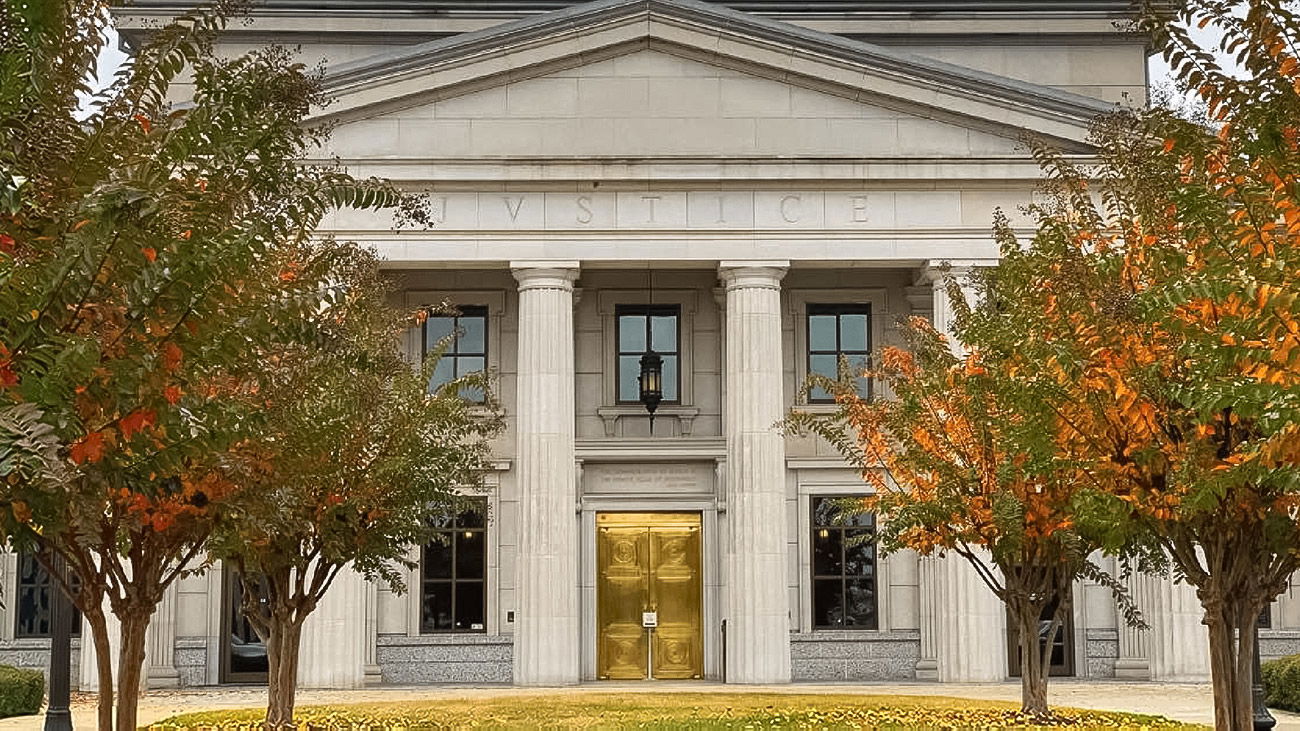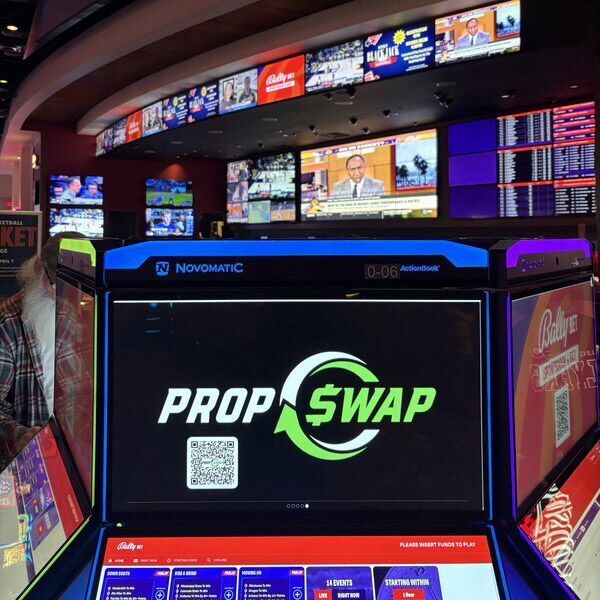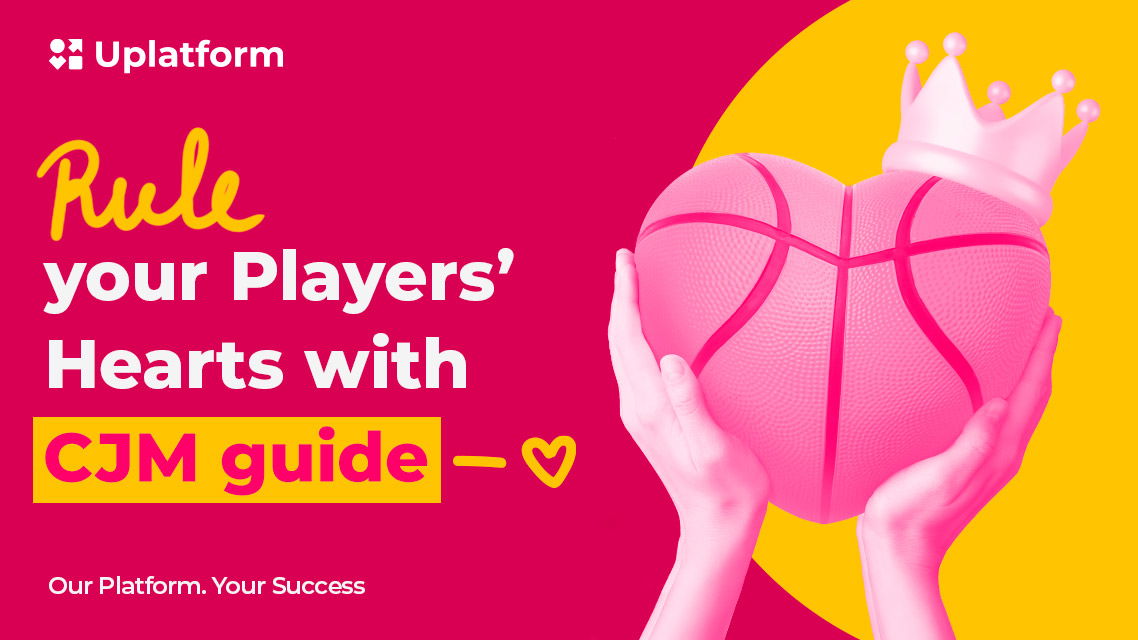Virginia: US District Court sides with Richmond casino opponent in registration lists dispute
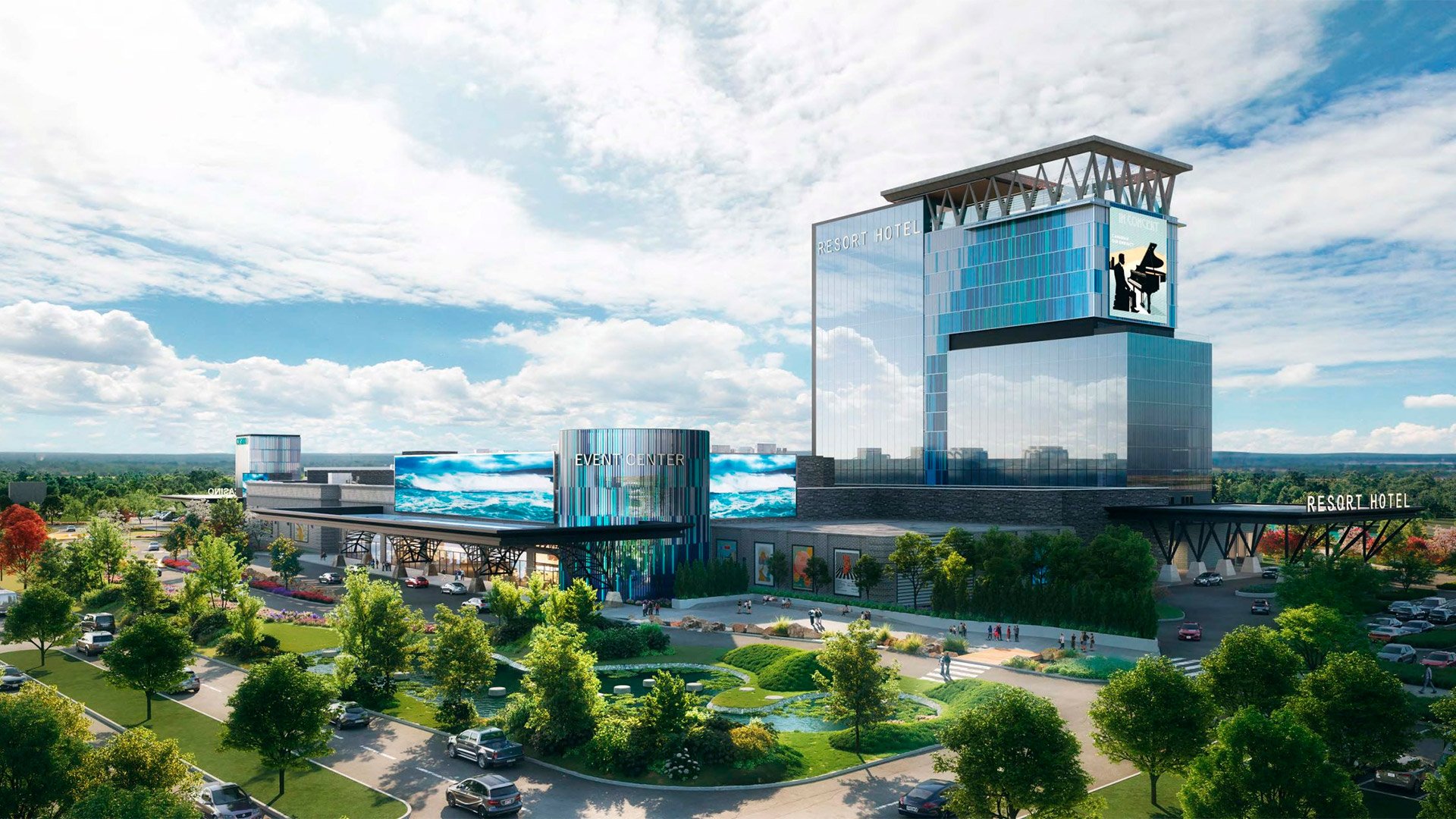
The proposed $562 million Richmond Grand Resort and Casino in Virginia is facing yet another hurdle as Paul Goldman, a political analyst and founder of the No Means No Casino group, sued the Board of Elections after the department refused to provide voter registration lists, which he said were typically made available to candidates and committees. Last week, Judge M. Hannah Lauck sided with Goldman, ordering the board to give him the list.
Goldman said the state's refusal to provide the lists has drastically impacted his campaign, as Richmond voters gear up to decide on the Nov. 7 ballot to approve or reject plans for the casino, and that he now has less time to reach voters. He further detailed that he has been trying to receive the lists since October.
"For two months, the Attorney General’s Office has, in effect, hurt my chances of defeating the referendum by a policy they now admit can’t be legally, politically, or in any way justified under the First Amendment," Goldman said, as reported by Richmond Times-Dispatch. "They are forcing me to do $100,000 worth of work, spend over a hundred hours on legal stuff instead of campaigning."
The case, initially filed in a Richmond city court, was elevated to the U.S. District Court for the Eastern District Court of Virginia. A trial was held last week, and Judge M. Hannah Lauck sided with Goldman, ordering the board to give him the voter registration list. The decision allows for Goldman to begin his campaign efforts, but it comes after more than 5,000 early voting ballots were cast. That makes up about 4% of eligible voters.
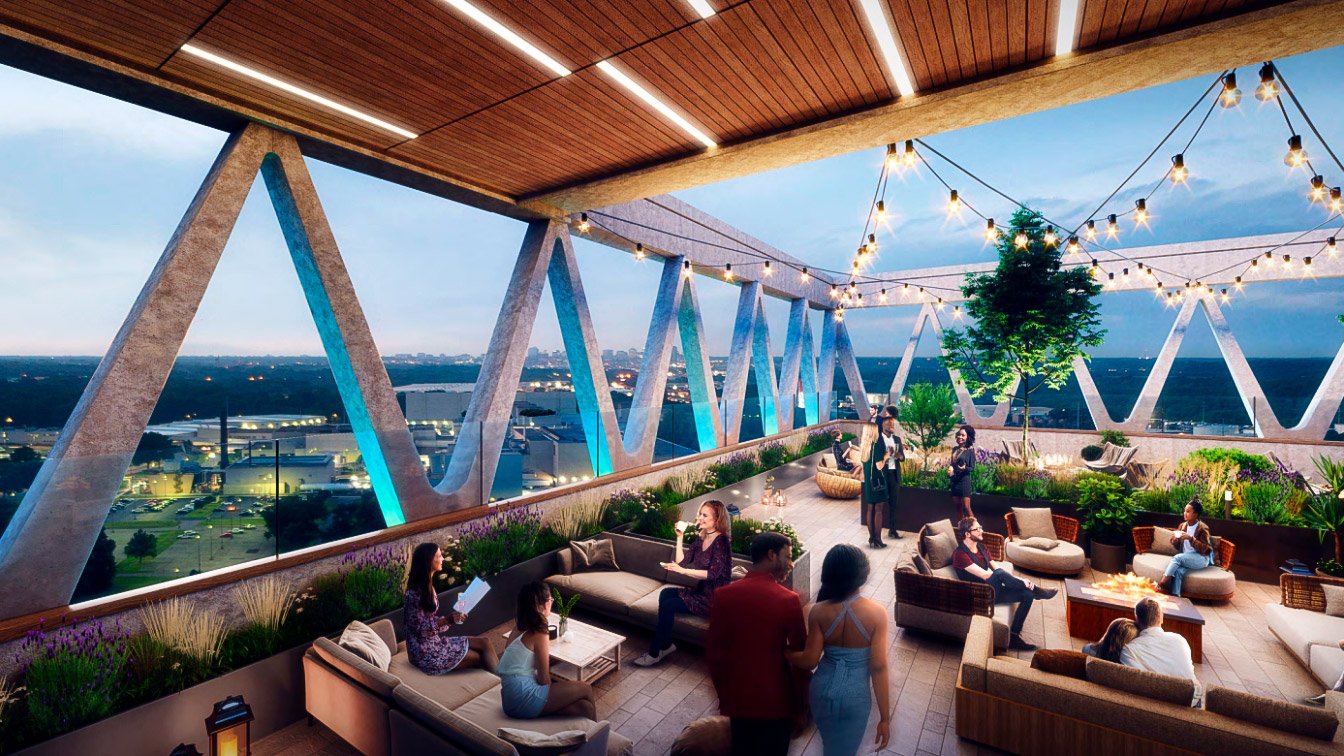
The proposed casino would be located in South Richmond at 2001 Walmsley Blvd. and 4700 Trenton Ave. off of Interstate 95. According to local media, the project will now be a joint venture between Urban One, a Black-owned media company; and horse racing and gaming company Churchill Downs. The new proposal for the $562 million resort, casino, and entertainment venue was unveiled on August 31, with all new details on what the project would entail.
The project includes 250 hotel rooms; resort-style amenities such as a luxury spa, fitness center, outdoor pool, and cabanas; a 55-acre park for events; a high-end gaming floor with card games, slot machines, poker, blackjack, and craps; and a 3,000-seat concert venue.
The resort will also feature fine dining options including local restaurants, breweries, and suppliers from Richmond’s food scene; film and audio production facilities; and event space for conventions, sporting events, trade associations, and faith communities

Supporters say the project is anticipated to bring about 1,300 jobs to the region that "average $55,000 in annual compensation and benefits" and "thousands of union jobs during construction."
Other estimates of what the project could bring, according to supporters, include $30 million in tax revenue annually, an immediate investment of $26.5 million in the City of Richmond, $16 million in charitable contributions over the course of 10 years, 225.000 tourists each year, $325,000 investment in equitable transit options annually, $25 million in free advertising over the course of 10 years, and $50 million in television, film, and audio production over the course of 10 years.
The group Richmond Wins, Vote Yes has amassed $8 million, the most allocated for a local referendum in the state’s history, for outreach and advertising. The campaign includes mailed fliers, door signs, neighborhood canvassing, and offers of free rides to polling locations and lunch.
Two years ago, voters rejected a Richmond casino plan 51%-49%. The election recorded about 105,000 votes, of which 26,000 were early, according to Virginia Public Access Project data.
Currently, 28% of early votes are coming from the South Side’s 8th and 9th districts, where the project is planned and where there was strong support the first go-around. Richmonders will have until November 7, at 7 p.m. to cast ballots.


